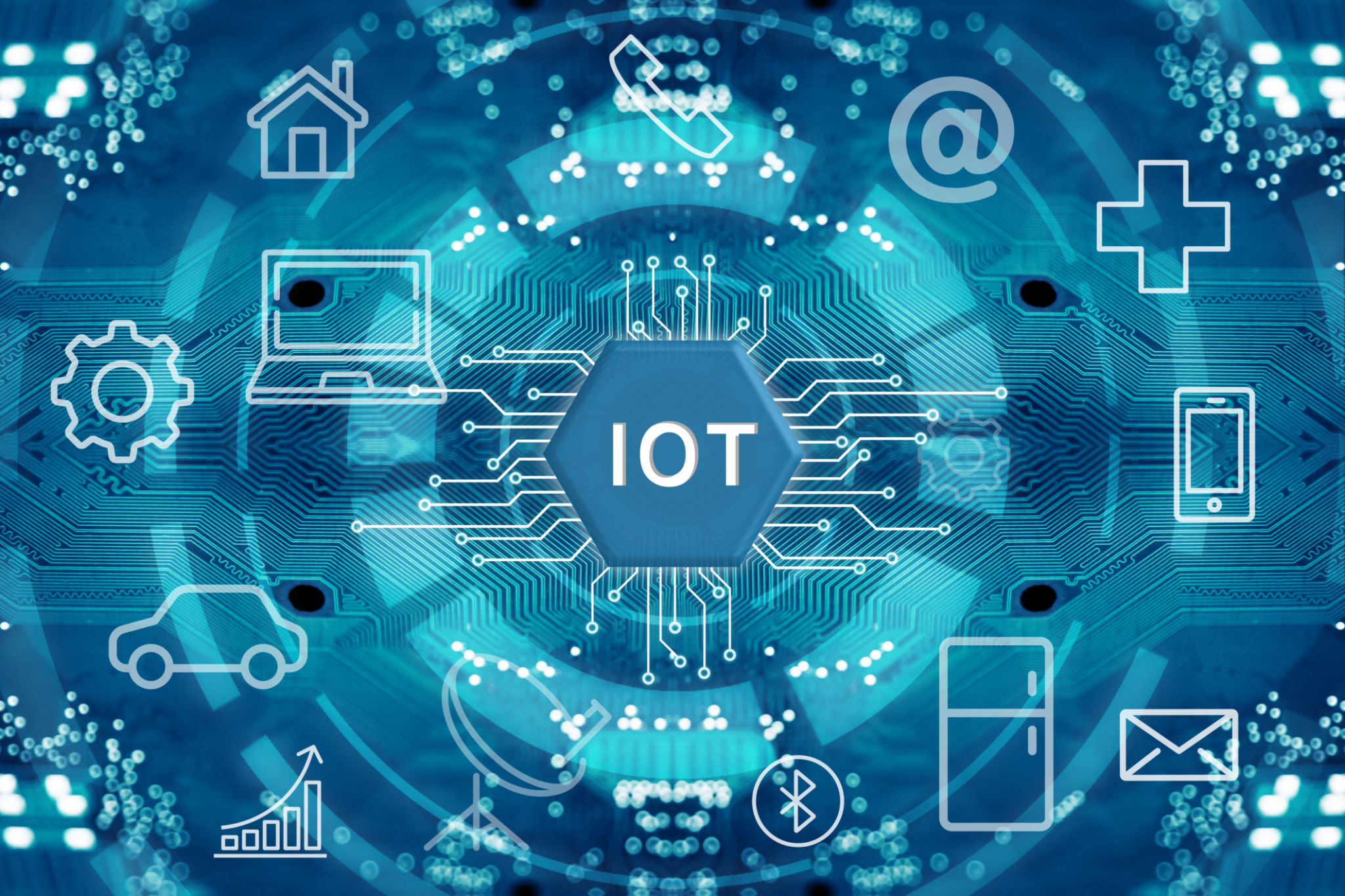Emerging Technologies in Risk Assessment: What Small Businesses Need to Know
Understanding Emerging Technologies in Risk Assessment
Small businesses are increasingly recognizing the importance of effective risk assessment to safeguard their operations and ensure long-term success. With the rapid advancement of technology, emerging tools and methodologies are transforming the way risk is assessed and managed. This is a crucial development for small businesses that need to stay competitive while protecting themselves from potential threats.

The Role of Artificial Intelligence and Machine Learning
Artificial Intelligence (AI) and Machine Learning (ML) have become central to modern risk assessment strategies. These technologies allow businesses to analyze vast amounts of data efficiently, identifying patterns and predicting potential risks with much greater accuracy than traditional methods. For small businesses, leveraging AI can mean getting insights that were previously only accessible to larger enterprises with dedicated risk management teams.
AI-powered tools can help in automating routine risk assessment tasks, freeing up valuable time for business owners and managers. This automation not only increases efficiency but also reduces the likelihood of human error, providing more reliable risk assessments.
Blockchain Technology for Data Security
In the realm of data security, blockchain technology is emerging as a game-changer. Known for its decentralized nature, blockchain offers a secure way to store and verify data, making it significantly harder for cybercriminals to tamper with information. For small businesses, adopting blockchain can enhance trust with customers by ensuring that their data is protected with the highest level of security.

Moreover, blockchain can streamline risk management processes by providing a transparent and immutable record of transactions and interactions, which can be crucial in dispute resolution and compliance verification.
The Internet of Things (IoT) and Real-Time Monitoring
The Internet of Things (IoT) is revolutionizing risk assessment by enabling real-time monitoring of assets and environments. IoT devices can gather data continuously, providing businesses with up-to-the-minute insights into potential risks. This is particularly beneficial for small businesses that rely on physical assets or have dynamic operational environments.
For instance, IoT sensors can detect anomalies in equipment performance, alerting business owners to potential failures before they occur. This proactive approach not only minimizes downtime but also reduces maintenance costs.

Cloud Computing and Data Accessibility
Cloud computing has transformed the way businesses store and access data. For small businesses, cloud-based solutions offer scalable resources that can be adjusted according to their needs, without the heavy investment in physical infrastructure. This accessibility allows for more efficient risk assessment, as data can be analyzed from anywhere, at any time.
Furthermore, cloud computing facilitates collaboration by allowing multiple stakeholders to access and contribute to risk management processes simultaneously. This enhances decision-making and ensures a more comprehensive approach to managing risks.
Embracing Technology for Enhanced Risk Management
As these emerging technologies continue to evolve, small businesses must stay informed and ready to adapt. By integrating AI, blockchain, IoT, and cloud computing into their risk assessment strategies, small businesses can not only protect themselves from current threats but also anticipate future challenges.
Embracing these technological advances will empower small businesses to manage risks more effectively, ensuring stability and growth in an increasingly complex business landscape.
